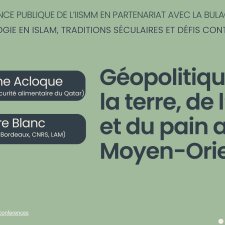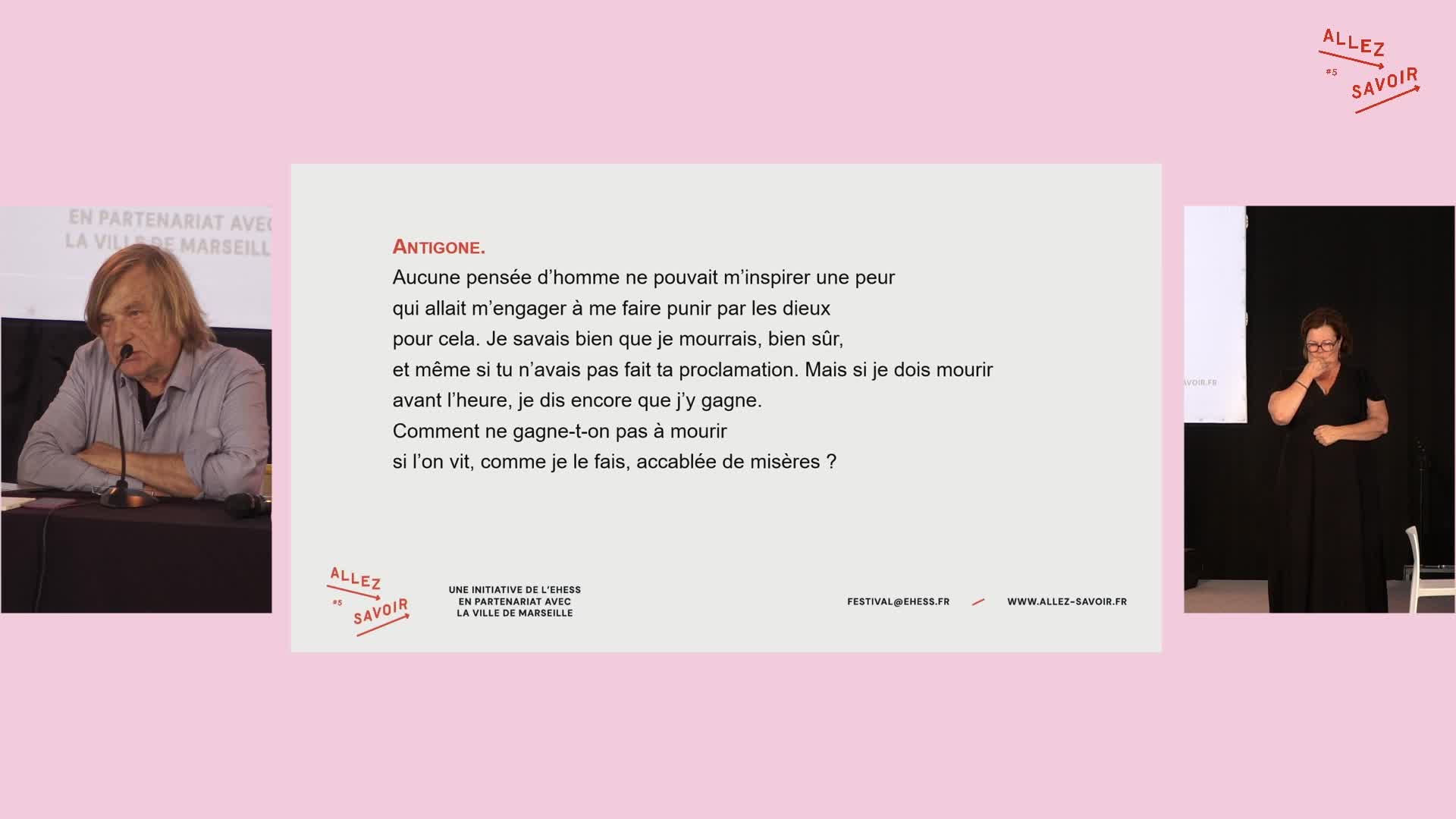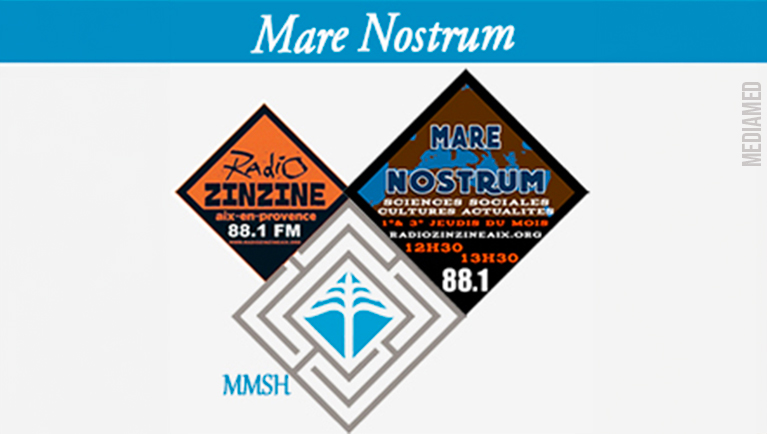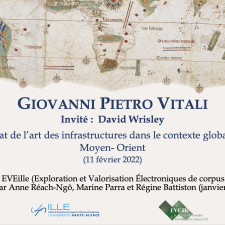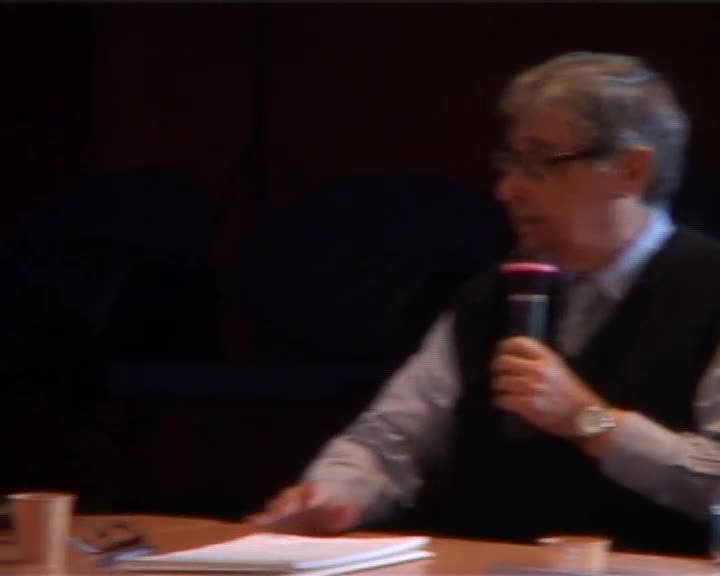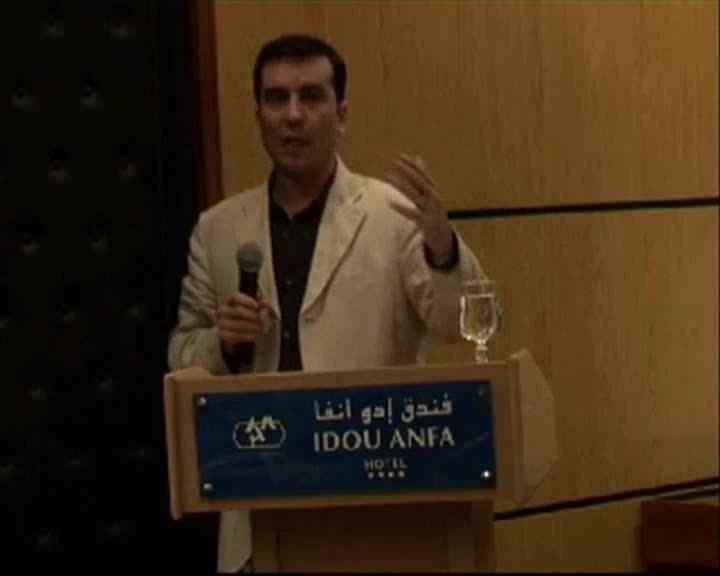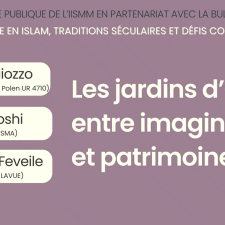Notice
Presentation du livre « Greek Tragedy and the Middle East. Chasing the Myth » sous la direction de Pauline Donizeau, Yassaman Khajehi, Daniela Potenza (Anthology Editor)
- document 1 document 2 document 3
- niveau 1 niveau 2 niveau 3
Descriptif
Employing the idea of interculturality to study Middle Eastern adaptations of Greek tragedy from the turn of 20th century until the present day, this book first explores the earlier phase of the development of Greek classical reception in Middle Eastern theatre. It then moves to focus on modern Arabic, Persian and Turkish adaptations of Greek tragedy both in the early post-colonial and contemporary periods in the MENA and in Europe. Case by case, this book examines how the classical sources are reworked and adapted, as well as how they engage with interculturality, hybridisation and the circulation of aesthetics and models. At the same time, it explores the implications and consequences of expressing socio-political concerns through classical Greek sources.
While Muslim thinkers and translators introduced Greek philosophy – in particular Aristotle’s Poetics – to the West in the Middle Ages, adaptations of Greek tragedies only appeared in the MENA region at the very beginning of the 20th century. For this reason, the development of Greek tragedy in the Middle East is difficult to disentangle from colonialism and cultural imperialism. Encompassing language differences and offering for the first time a broad approach on the Middle-Eastern reception of Greek tragedy, this book produces a renewed focus on a fascinating aspect of the classical tradition.
Intervention / Responsable scientifique
Sur le même thème
-
Géopolitique de la terre, de l'eau et du pain au Moyen-Orient
AcloqueDelphineBlancPierrePétriatPhilippe« La Terre est verte et belle et Dieu vous a désignés comme les administrateurs de cette Terre. La Terre entière a été créée comme un lieu de culte pur et propre. Celui qui plante un arbre et s’en
-
Agir face au changement climatique en Afrique et au Moyen-Orient
BoëtschGillesSnrechSergePétriatPhilippeConférence publique de l’Institut d’études de l’Islam et des sociétés du monde musulman (IISMM), par Gilles Boëtsch, anthropologue, directeur de recherche émérite (CNRS) et Serge Snrech, responsable
-
Cycle des conférences publiques de l'IISMM : L’écologie en Islam : traditions séculaires et défis c…
BoëtschGillesSnrechSergePétriatPhilippeConférence publique de l’Institut d’études de l’Islam et des sociétés du monde musulman (IISMM), par Gilles Boëtsch, anthropologue, directeur de recherche émérite (CNRS) et Serge Snrech, responsable
-
Antigone, rebelle contre quoi ?
Judet de La CombePierrePour clôturer cette 5e édition d’Allez Savoir il nous fait l’honneur d’une performance autour d'une grande figure de la désobéissance : Antigone
-
L'EXIL FAMILIAL : BASSMA KODMANI
VasconcelosÁlvaro deKodmaniHalaCurmiBrigitteالكواكبيسلامDuclosMichelBassma Kodmani était une intellectuelle franco-syrienne, auteur d'une œuvre remarquable sur la démocratie dans le monde arabe. Exilée en France avec sa famille, Bassma Kodmani a vécu intensément le
-
La frontière chiites/sunnites au Moyen-Orient
BrombergerChristianChiites, sunnites, comment sont nées ces deux branches de l’Islam ? Qu’elles sont aujourd’hui leurs particularités et leurs relations dans les domaines très divers, activités religieuses, croyances,
-
« État de l’art des infrastructures dans le contexte global : Moyen-Orient » (février 2022)
WrisleyDavidVitaliGiovanni PietroAprès une première séance des journées EVEille 2022 consacrée à l’histoire et au rôle des infrastructures européennes qui ont concouru au développement des Humanités numériques en France, l’échange
-
Israël – Palestine : Séparation ou intégration économique ?
BenhayounGilbertMOFIP : Mobilités frontières et conflits dans les espaces israélo-palestiniens (1) La première rencontre de l’équipe MOFIP et le Réseau d'Excellence Ramses² a eu lieu à la Maison Méditerranéenne d
-
Impact des médias satellitaires sur les sociétés
HroubKhaledMédias et construction des Identités collectives en Méditerranée 3e session : Médias et imaginaires politiques Colloque organisé par l’Ifri en partenariat avec la Fondation du Roi Abdul-Aziz,
-
LES JARDINS D’ORIENT ENTRE IMAGINAIRE ET PATRIMOINE
CaiozzoAnnaJoshiHaritFeveile-BergerLaurenceConférence publique de l’Institut d’études de l’Islam et des sociétés du monde musulman (IISMM) en partenariat avec la Bibliothèque universitaire des langues et civilisations (BULAC).


